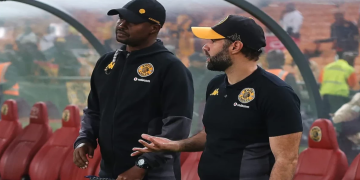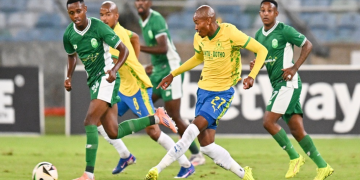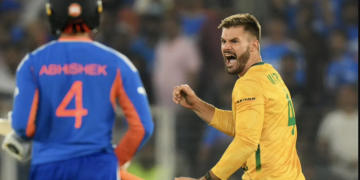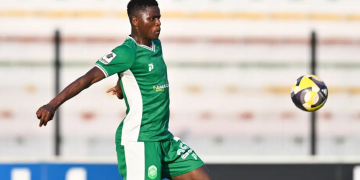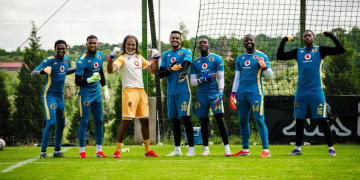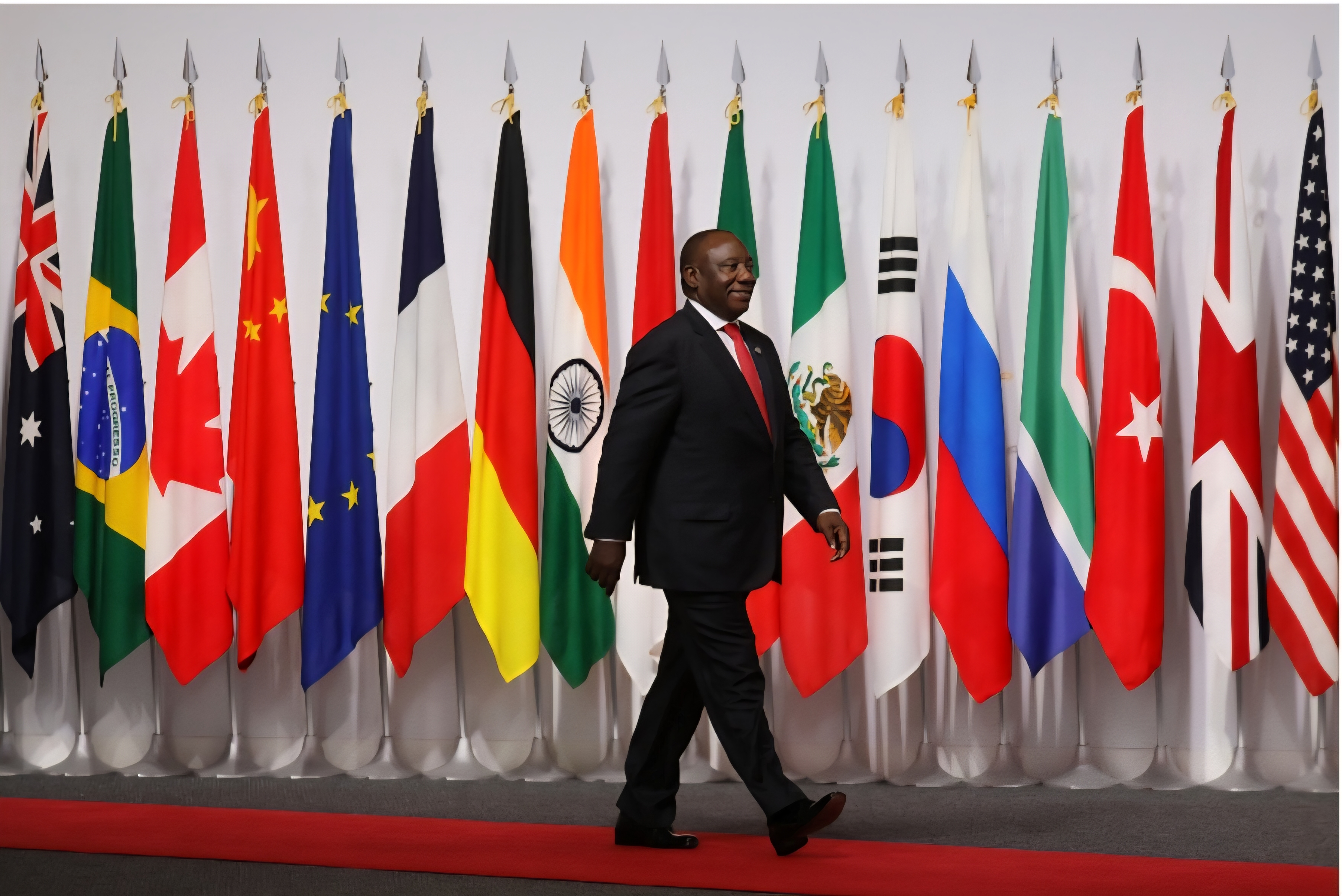
As South Africa prepares to assume the presidency of the G20 in November 2025 — becoming the first African nation to host the summit — its foreign policy posture, particularly regarding the war in Ukraine, is undergoing noticeable recalibration. Recent diplomatic moves have sparked discussion about whether this shift reflects pragmatic statecraft or a departure from the country’s long-standing principle of non-alignment.
On Wednesday, 10 September, President Cyril Ramaphosa reaffirmed before the National Assembly South Africa’s commitment to maintaining its sovereign voice in international affairs, stating the country would “never bow down” in its engagements with global powers, including the United States.
Later that same day, the Department of International Relations and Cooperation (DIRCO) issued a statement expressing concern over civilian casualties in Ukraine — a notable development, given South Africa’s historically neutral and cautious public position since the conflict began.
This statement marks a subtle but significant tonal shift. While South Africa has consistently called for dialogue and peaceful resolution, it has generally avoided assigning public blame or issuing condemnations directed at any single party to the conflict. The timing of this message — weeks before the G20 summit — has led some observers to question whether broader diplomatic considerations are influencing the country’s public messaging.
It is worth noting that as recently as August 2025, President Ramaphosa was actively engaging with leaders from both Russia and Ukraine, positioning South Africa as a potential facilitator for dialogue. The country’s chosen G20 theme — “Solidarity, Equality, Sustainability” — underscores its ambition to serve as a bridge between the Global North and South, advocating for inclusive multilateralism.
Hosting a successful G20 summit requires broad international participation — particularly from major Western economies. However, South Africa currently faces diplomatic headwinds: the U.S. administration has imposed a 30% tariff on certain South African exports, and there are indications that President Donald Trump may not attend the summit. Against this backdrop, some analysts suggest that Pretoria may be seeking to foster a more constructive atmosphere with Western partners to ensure the summit’s success.
While critics argue that such diplomatic adjustments could be perceived as compromising South Africa’s non-aligned credentials, others view them as a natural part of hosting a high-stakes global forum — where balancing relationships and managing sensitivities is often necessary.
The broader implications for South Africa’s leadership role in the Global South remain to be seen. Many developing nations look to Pretoria as a voice of independence and principle in international institutions. How South Africa navigates its foreign policy in the coming months — particularly in maintaining consistency and credibility — will likely shape perceptions of its leadership across the African continent and beyond.
Ultimately, South Africa’s challenge lies in upholding its values while pragmatically managing complex global dynamics — a balancing act that many nations in its position have faced before.


